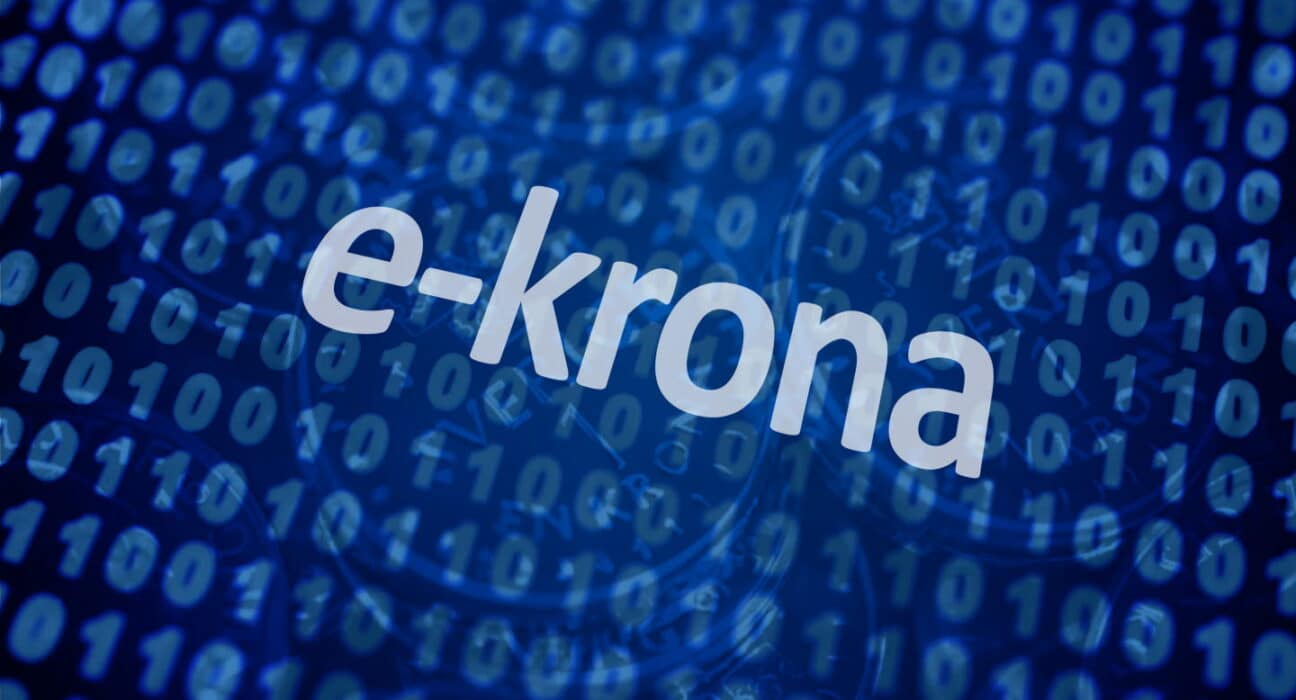Sweden’s E-Krona Proposal Sparks Debate Among Banks
As Sweden moves closer to deciding on its central bank digital currency (CBDC), the e-krona, local banks are voicing concerns about the potential impact on their operations. The Riksbank, Sweden’s central bank, has stated that if implemented, e-krona payments will be as simple as sending a text message. The final decision on whether to move forward with the e-krona is expected by November 2023.
Banks Warn of Financial Instability
Liquidity Challenges
Swedish banks argue that transitioning to a CBDC-dominated economy could disrupt their liquidity.
- Current Model: Banks rely on customer deposits as a stable source of funds.
- Proposed Model: With e-krona, customers may bypass commercial banks, reducing their deposit base.
Masih Yazdi, an executive at SEB, warned that this could force banks to rely more heavily on wholesale markets for liquidity, increasing their debt levels and vulnerability to market fluctuations.
Financial Stability at Risk
The Swedish Bankers Association has also raised concerns:
- Adviser Rickard Eriksson questioned whether the central bank plans to hold or lend the funds deposited in e-krona accounts.
- A shift in loan dependency to the Riksbank could give the central bank excessive influence over corporate loans and mortgages.
Benefits of E-Krona for Consumers
Despite banks’ concerns, the e-krona offers several advantages for users:
-
Direct Access to Central Bank
- Eliminates intermediaries like commercial banks.
- Ensures faster and more secure transactions.
-
Lower Interest Rates
- Riksbank could offer competitive rates compared to private banks.
-
Increased Security
- A government-backed digital currency provides a safer alternative to private banking systems.
Why Sweden is Exploring E-Krona
Decline in Cash Usage
Sweden is already one of the world’s least cash-dependent nations.
- The COVID-19 pandemic accelerated the shift to digital payments, reducing reliance on physical cash.
Global Trend Towards CBDCs
Central banks worldwide, including those in China, the EU, and the U.S., are actively exploring CBDCs to modernize their monetary systems and cater to the digital economy.
Riksbank’s Vision
Governor Stefan Ingves has emphasized the need to integrate digital currency into Sweden’s state financial system, potentially setting a global precedent.
Concerns to Address
The success of the e-krona hinges on resolving key questions:
- How will commercial banks adapt?
- Banks need strategies to remain relevant in an e-krona-dominated economy.
- Will the central bank manage loans and deposits effectively?
- Ensuring financial stability without overburdening the Riksbank.
- How will customer data and privacy be protected?
- Transparency and trust are essential for widespread adoption.
Conclusion
Sweden’s proposed e-krona could revolutionize its financial ecosystem, offering convenience and security to consumers. However, the concerns raised by banks highlight the need for a balanced approach to ensure the financial sector’s stability. As the Riksbank moves closer to a decision, the world will watch closely, as Sweden may become a blueprint for future CBDC implementations.
To learn more about the innovative startups shaping the future of the crypto industry, explore our article on latest news, where we delve into the most promising ventures and their potential to disrupt traditional industries.
Disclaimer: The information provided is not trading advice, Bitcoinworld.co.in holds no liability for any investments made based on the information provided on this page. We strongly recommend independent research and/or consultation with a qualified professional before making any investment decisions.




